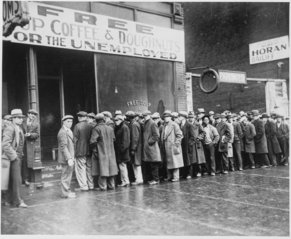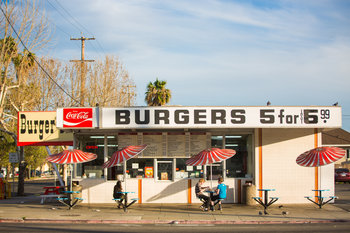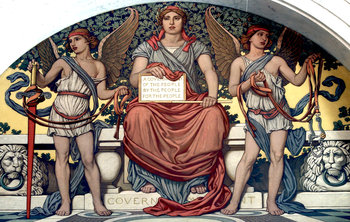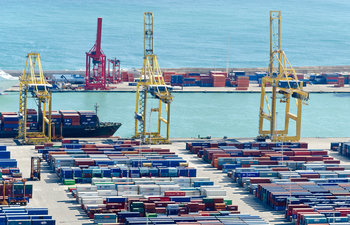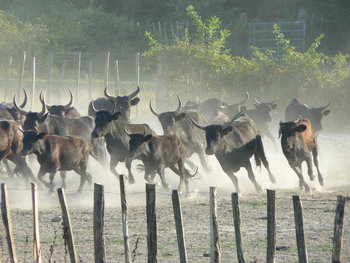
Quality of Life
Declining quality of life due to factors such as environmental degradation or rising crime. In this situation, capital may leave simply because people feel unsafe and unhealthy spending time in a particular nation or city.Brain Drain
A brain drain is when talent leaves a country due to poor pay, excessive taxation, a lack of opportunities or poor quality of life. This can be viewed as a loss of human capital that can become a structural problem for an economy.Taxes
Burdensome taxes will cause capital to flee a nation. Nations essentially compete for investment and labour such that if you have high taxes relative to your infrastructure, market opportunities and quality of life that businesses and talent will not be interested.Fiscal Dominance
Fiscal dominance is a situation where a government has a large debt such that monetary policy is focused on funding the government as opposed to goals such as employment, economic growth and low inflation. For example, a government may set interest rates very high to attract investors to its risky bonds. This may crush the private sector as they can't compete with these interest rates.Devaluation
Devaluation is a deliberate downward adjustment in the exchange rate for a currency that has a fixed rate. The threat of devaluation causes currency flight. For example, everyone may know that a government sets its currency too high such that a devaluation will be necessary. This gives capital incentive to leave while the higher price is still in place.Bond Offerings
Foreign firms that predict a devaluation, currency crisis or default can offer bonds in the local currency. This money is quickly transferred out of the local currency and represents capital flight. If a currency crisis occurs, the debt can be repaid at low cost. If the currency becomes worthless, the entire value of the debt becomes profit.Financial Collapse
Economic problems that are worse than other nations at a point in time. For example, a nation with extremely high inflation relative to its neighbors due to financial mismanagement such as uncontrolled expansion of the money supply.Default
Default is the national equivalent to bankruptcy whereby a nation fails to meet its financial obligations to make a debt payment. This results in a complete loss of confidence in a currency and general economic instability. As with a bankruptcy, holders of the debt may be forced to take a loss and the government's debt is reduced or eliminated.Austerity
Fiscal austerity is a situation where a government severely cuts back in spending including in critical areas such as education, healthcare and infrastructure. This typically occurs after a default as a means of rebuilding confidence in the debt, currency and government of a nation. Fiscal austerity is a miserable situation where taxation may be quite high but citizens will get very little back in return. This causes a further brain drain and capital flight.Hot Money
Hot money is financial capital that moves across borders quickly to take advantage of changing exchange rates, interest rates and other opportunities such as stock market conditions. Hot money is never the root cause of capital flight but can be a trigger that makes it happen more quickly. For example, investors may bet that a currency will collapse. This may work against government attempts to support a currency.Political Instability
Political instability such as a lack of confidence in a government or protests that shut a nation or city down for extended periods of time.Bank Run
Instability of the financial infrastructure of a nation such as a run on banks whereby everyone tries to withdraw their money at the same time due to a sudden panic that the bank will become insolvent. Governments tend to try to prevent this from happening even if it means the public needs to take over banks and pay for massive losses.Capital Controls
A government may impose capital controls to try to prevent capital flight. For example, it may place severe restrictions on the ability of residents to exchange currency and transfer funds abroad. Capital controls or the threat of capital controls can cause a panic whereby people get out of the country however they can. Generally speaking, open nations with no capital controls have the least risk of capital flight because this attracts foreign direct investment.| Overview: Capital Flight | ||
Type | ||
Definition | A process whereby money and assets rapidly flow out of a country due to adverse conditions or a negative economic event. | |
Related Concepts | ||




